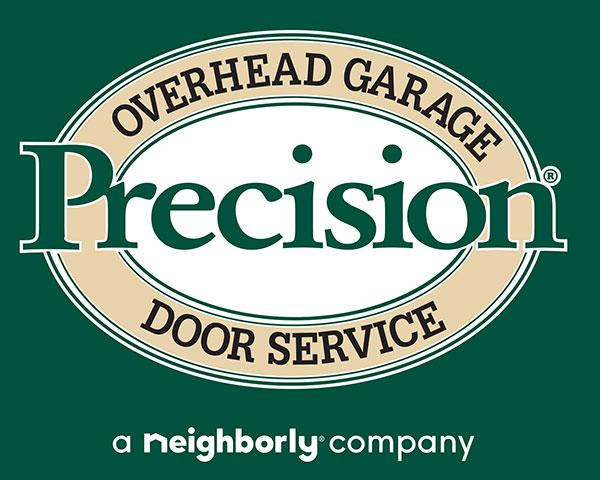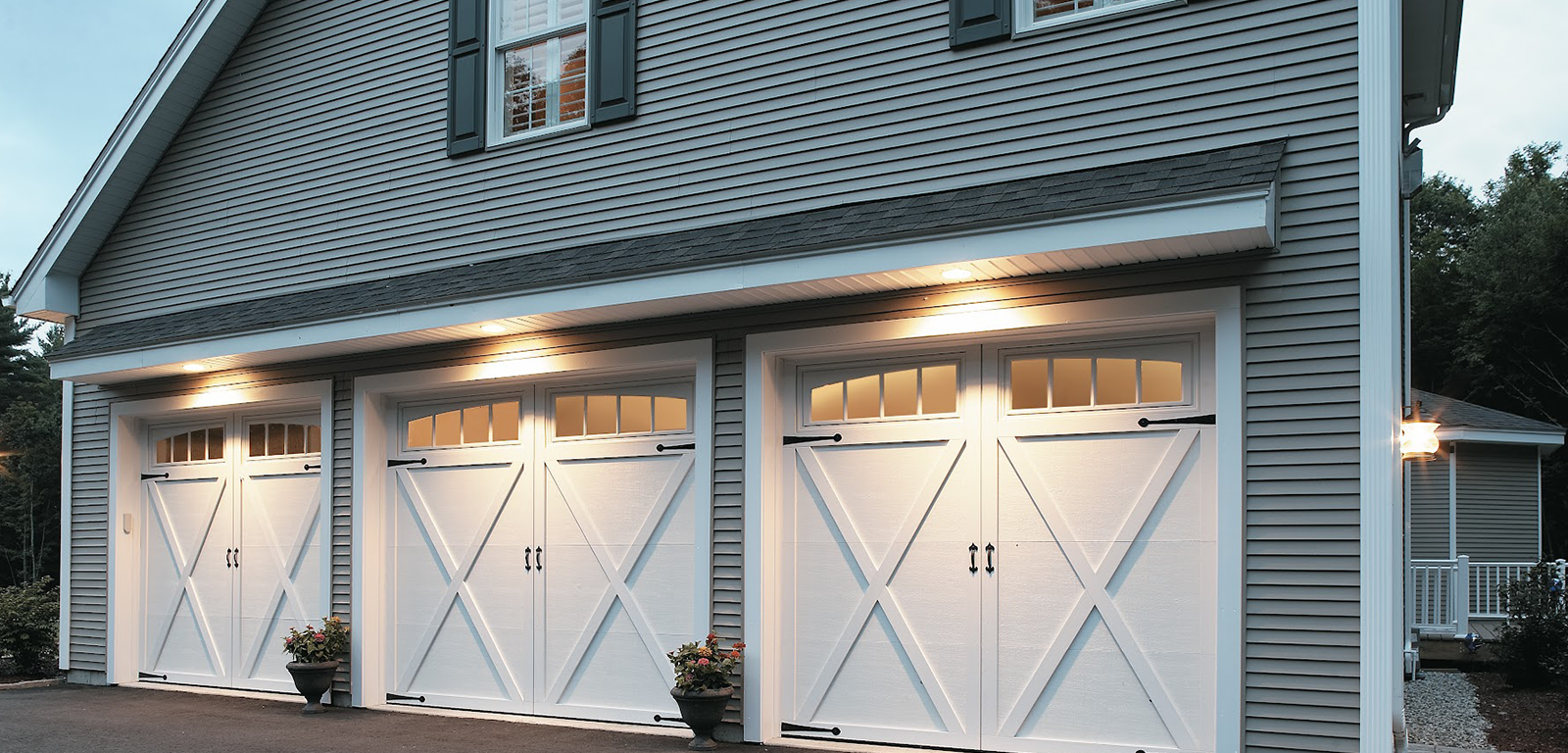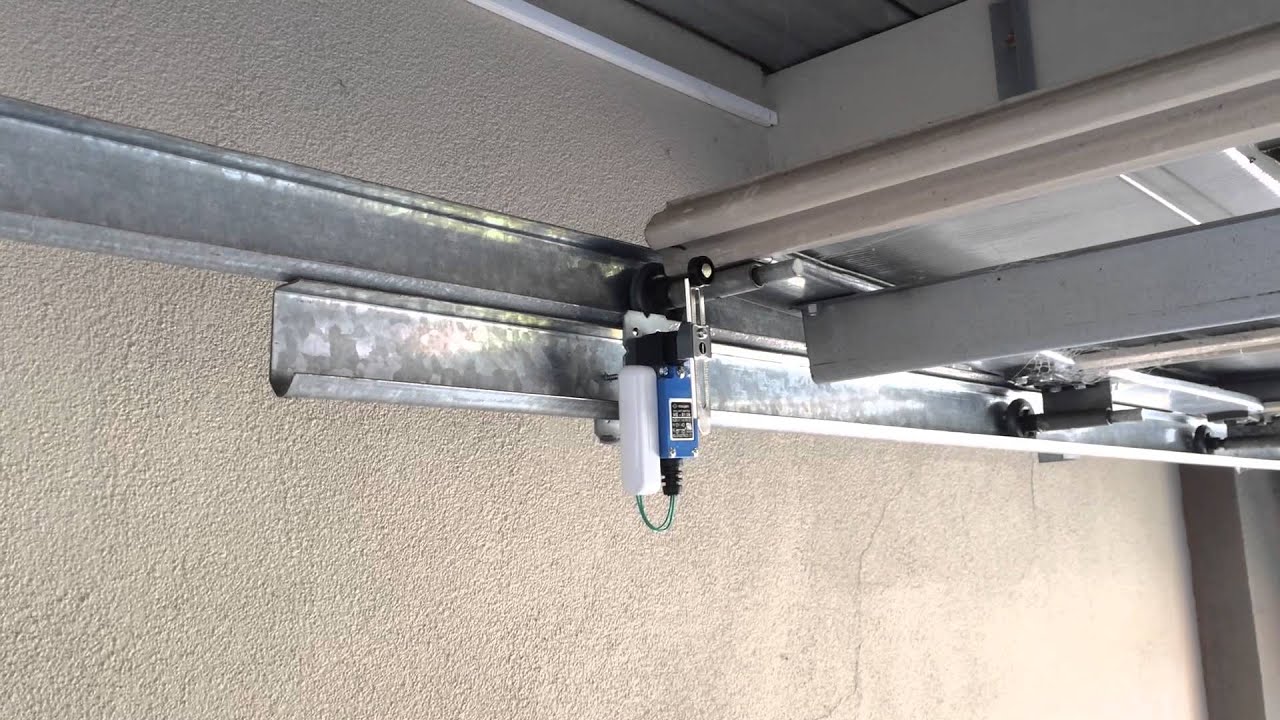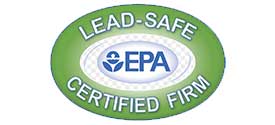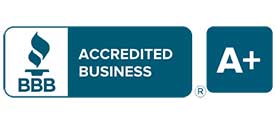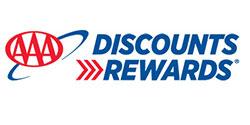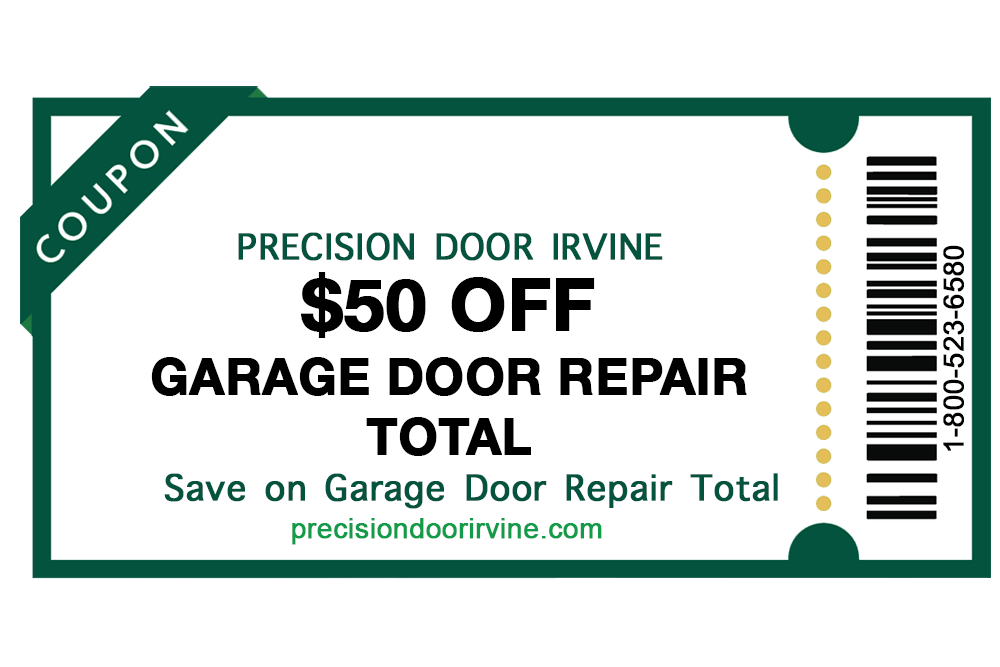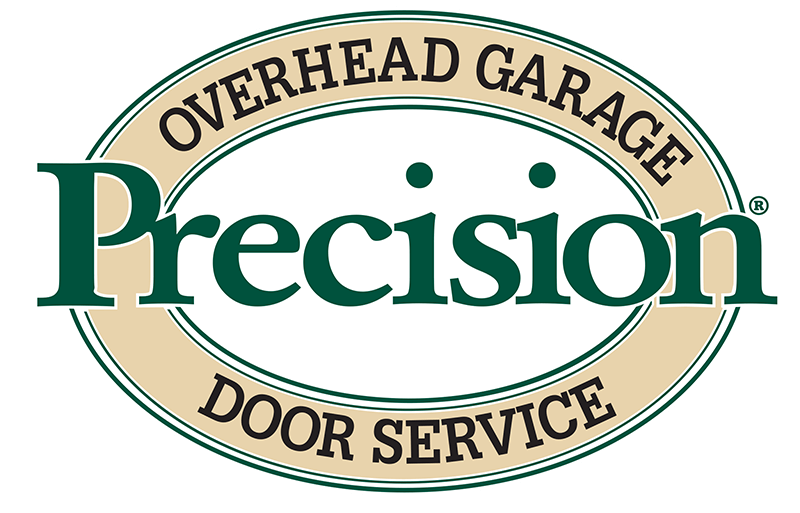
Garage doors are crucial for your home’s security and smooth operation, yet many homeowners often overlook one key aspect of maintenance—lubrication. Proper lubrication helps reduce friction, allowing your garage door to open and close effortlessly while extending its parts’ lifespan. If your garage door is becoming noisy or difficult to operate, it might be time to lubricate the moving components.
To avoid costly repairs and breakdowns, it’s important to recognize the signs that your garage door needs lubrication. These include squeaking, grinding, or slower movement. Establishing a regular lubrication schedule, about every six months, can keep your door functioning at its best. This simple maintenance step can greatly improve performance and prevent wear and tear.
Visit Precision Door Service Irvine for expert guidance on garage door maintenance, including lubrication services. Their professionals can help keep your garage door in top shape and ensure it operates smoothly for years to come.
How Often Should You Lubricate Garage Door Parts?
Every homeowner should ask how often to lubricate garage door parts. Ideally, you should aim to lubricate your garage door at least twice a year—once in the spring and once in the fall. This seasonal approach helps to ensure that all moving parts are adequately protected against temperature changes and wear. If your garage door is subjected to heavy use, it may require more frequent lubrication. So, the general rule of thumb is to lubricate every six months.
Why is Lubrication Essential?
Lubrication for garage door parts is essential because it minimizes friction, reducing wear and tear on critical components. Without lubrication, your door’s rollers, hinges, and springs can become worn out, leading to expensive repairs. If left unchecked, friction could also cause your garage door opener to strain, eventually burning out the motor.
Signs Your Garage Door Needs Lubrication
Even with a solid garage door lubrication schedule, it’s important to stay vigilant and look for signs indicating the need for lubrication. Here are some common signs your garage door needs lubrication:
- Noisy Operation: A garage door that squeaks, grinds, or makes rattling sounds as it opens or closes clearly indicates that the moving parts lack lubrication. Specifically, check the rollers, tracks, and springs for squeaks. If the noise persists, consider these additional maintenance tips: Noisy Doors.
- Slow Movement: If your door seems slower than usual to open or close, this could be a sign that parts like the rollers or hinges are grinding against one another due to lack of lubrication.
- Jerky Movements: If the garage door moves jerkily, this indicates that components such as rollers and tracks need lubrication. You may need to check these parts regularly to ensure smooth operation. Learn more about maintaining these components here: Rollers and Cables.
- Stiff Springs: If your garage door doesn’t move as freely as it used to, the springs might require some lubrication. Keeping the springs well-lubricated ensures they maintain their tension and prevent unnecessary strain on the opener. If you notice spring-related issues, you may also want to consult the experts: Broken Springs.
Best Time to Lubricate Garage Door Parts
The best time to lubricate garage door parts is typically during seasonal changes. The transitions from hot to cold weather can stress your garage door components, making lubrication especially important during spring and fall. However, if you notice any of the signs listed above, it’s better to lubricate the parts immediately rather than wait for your next scheduled maintenance session.
Garage Door Lubrication Tips
- Use the Right Lubricant: Avoid using heavy oils like WD-40. Instead, use a silicone-based or lithium-based lubricant designed specifically for garage doors. These lubricants last longer and won’t attract as much dust and grime. Our Garage Door Lubrication Guide has a list of recommended lubricants.
- Clean the Parts First: Before applying lubricant, clean the moving parts with a dry cloth to remove any built-up dust or grime. This helps the lubricant adhere properly and ensures smooth movement.
- Apply Sparingly: Over-lubrication can attract dirt, which can lead to clogging. Apply the lubricant lightly to the moving parts, focusing on the rollers, hinges, springs, and tracks.
- Don’t Forget the Springs: The torsion springs are essential for balancing the garage door’s weight, so keeping them lubricated is critical. If you’re unsure how to lubricate your garage door springs, contact Precision Door Irvine.
- Test the Door: After lubricating, test the garage door by opening and closing it a few times to ensure the lubricant has spread evenly across all moving parts.
What Parts of a Garage Door Should Be Lubricated?
Understanding what garage door parts should be lubricated is critical for comprehensive maintenance. Key components that need regular lubrication include:
- Rollers: Rollers are responsible for smooth door movement along the track. Lubricate both the rollers and the tracks for optimal performance.
- Hinges: Hinges allow the door to bend as it moves up and down. Lubricating these will reduce strain on the door opener.
- Springs: Torsion and extension springs assist in lifting and lowering the garage door. They should be lubricated to ensure balanced tension and minimize wear.
- Tracks: Lubricating the tracks is unnecessary, but cleaning them and applying a light lubricant to the rollers will help them glide smoothly along them.
- Locks and Handles: Don’t forget to apply a small amount of lubricant to the lock mechanism and any moving parts in the door handles to prevent them from seizing up.
Routine Garage Door Care and Maintenance
Incorporating lubrication into your regular garage door maintenance is just one part of keeping your system running efficiently. Here are some common garage door maintenance tips:
- Inspect Regularly: Check the garage door’s components monthly for signs of wear and tear, rust, or misalignment. Early detection of loose hardware or worn-out parts can prevent costly repairs.
- Test the Balance: Ensure that the door stays halfway open when manually operated. If it closes independently, the springs may be out of balance and require professional adjustment.
- Schedule Professional Tune-Ups: While regular lubrication helps, a professional should inspect the garage door system annually to check for any underlying issues.
Why Regular Lubrication is Key
Regular garage door maintenance lubrication plays an important role in extending the lifespan of your garage door and keeping it running smoothly.
By sticking to a garage door lubrication schedule, you can avoid many common issues that lead to expensive repairs. If your garage door is making noise, moving jerkily, or becoming difficult to operate, it’s time to lubricate the moving parts. If you’re unsure how to handle the process, contact a professional for assistance.
For more information on properly lubricating garage door parts or if you’re looking for expert maintenance and repairs, contact Precision Door Irvine. Our team is always ready to assist with any of your garage door needs, from repairs to regular maintenance.
